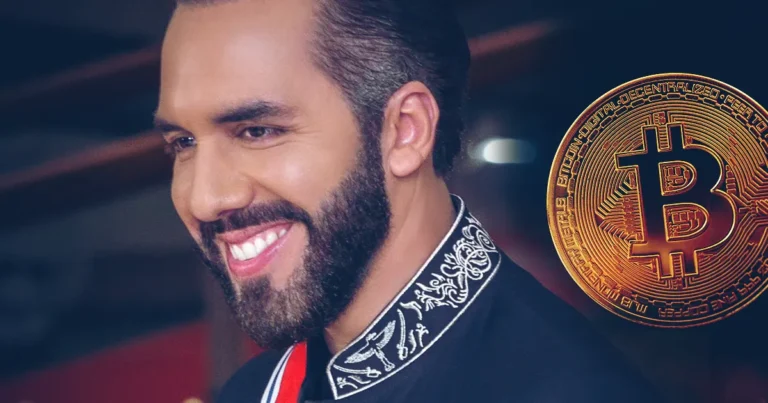28-5-2025 – In a bold move that underscores El Salvador’s unwavering commitment to cryptocurrency, the nation acquired eight additional bitcoins on Tuesday, defying renewed pressure from the International Monetary Fund (IMF) to halt government purchases as part of a $1.4 billion loan agreement. The announcement, made by El Salvador’s Bitcoin Office, signals a deft navigation of international financial obligations and President Nayib Bukele’s ambitious vision to cement Bitcoin as a cornerstone of the country’s economic identity.
The latest acquisition follows a staff-level agreement between IMF officials and Salvadoran authorities, marking the first review of a 40-month Extended Fund Facility (EFF). The IMF commended El Salvador for achieving key economic reforms, including strides in fiscal discipline, inflation management, and structural benchmarks, which have bolstered macroeconomic stability. Yet, the institution reiterated its insistence that the government freeze its Bitcoin holdings and phase out public sector involvement in the state-operated Chivo wallet by July, a demand it has voiced repeatedly with limited traction.
Despite these admonitions, El Salvador’s Bitcoin reserves have swelled to nearly 6,200 BTC, valued at over $674 million, according to Arkham Intelligence. The Bitcoin Office, operating outside the fiscal sector defined by the IMF’s loan terms, has continued its strategy of incremental daily purchases, exploiting a legal distinction that allows compliance with the loan’s performance criteria while expanding national reserves. In April, IMF Western Hemisphere Department Director Rodrigo Valdes acknowledged this delicate balance, noting that El Salvador has adhered to the non-accumulation commitment within the fiscal sector, as reported by Decrypt.
President Bukele, whose global persona is intricately tied to Bitcoin advocacy, has dismissed suggestions of abandoning the policy with characteristic defiance. Recent legislative reforms have nuanced the approach, removing Bitcoin’s mandatory legal tender status while preserving its optional use—a move that satisfies IMF conditions without dismantling Bukele’s narrative. This strategic recalibration, coupled with the Bitcoin Office’s autonomy, has enabled El Salvador to maintain its cryptocurrency ambitions amid a quiet standoff with the IMF.
Beyond the $1.4 billion loan, the broader agreement is poised to unlock an additional $2 billion in development bank financing, offering vital support as El Salvador grapples with a public debt burden that reached 85% of GDP last year. The nation’s deft manoeuvring reflects a calculated blend of compliance and defiance, positioning it as a trailblazer in the global cryptocurrency arena while navigating the complexities of international financial oversight.


